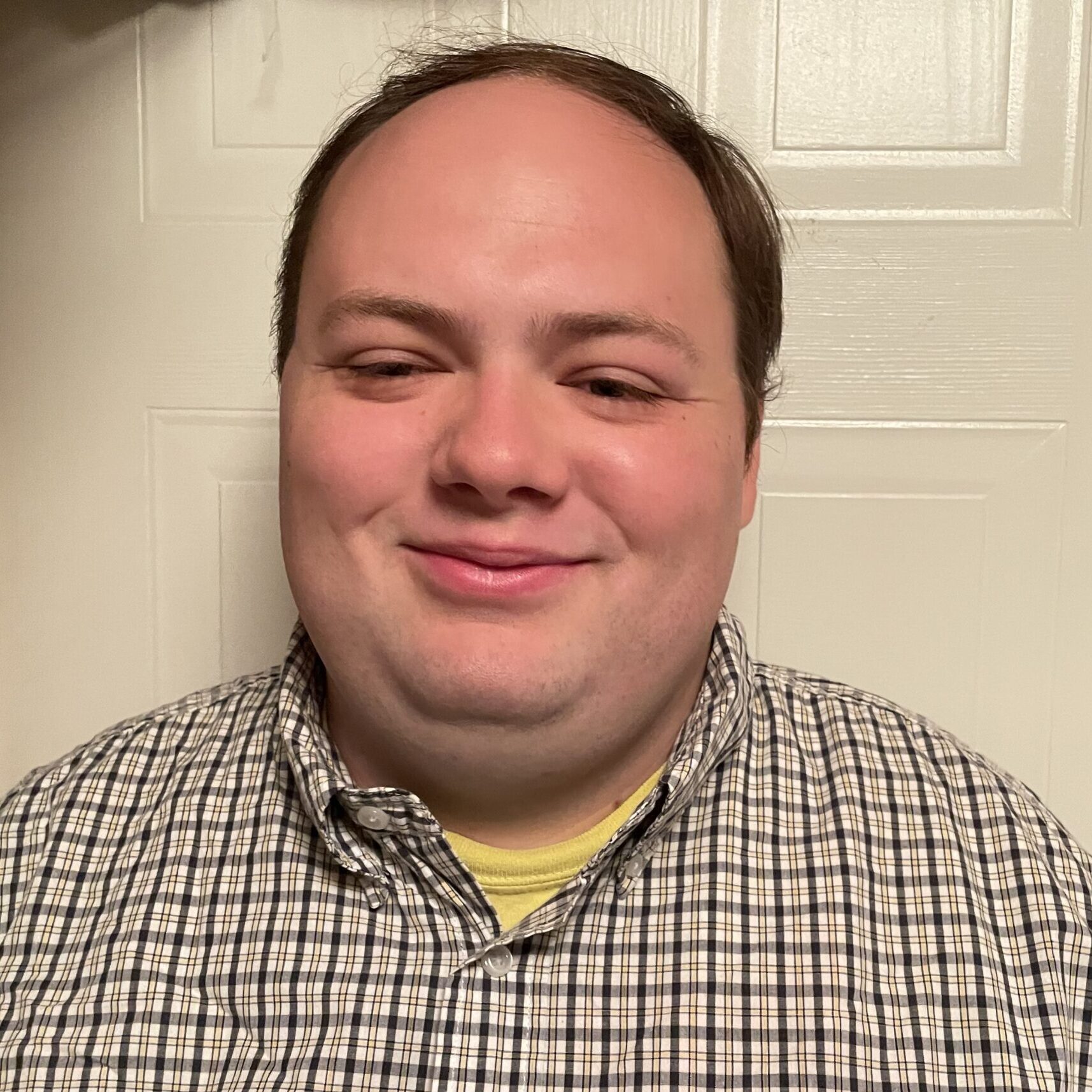
We’re not trying to leech off the government or anything of that sort. We just want health coverage.
Charles “Trey” Wright lives in Jesup, Georgia, where he recently completed a master’s program in public health while working part-time as a role player at the Federal Law Enforcement Training Centers in Brunswick. In January of 2025, after some time without health insurance, Trey enrolled in Georgia Pathways to Coverage, a Medicaid program for Georgians ages 19-64 who have a household income of up to 100% of the Federal Poverty Level (FPL). To maintain this coverage enrollees must complete 80 hours per month of qualifying activities, including education, job training, self-employment and volunteering.
Trey’s journey to receiving Medicaid coverage was marked with financial strain, gaps in care and uncertainty. Previously, he was covered through TRICARE, an insurance program for veterans and their families, but he lost it when he was no longer considered a dependent after graduating from the College of Coastal Georgia in 2020. “I used to get allergy shots at Winn Army Community Hospital,” he recalled. When Trey told the tech that he would not be able to get the shots anymore after losing insurance, she insisted that he should be able to. “The idea of someone falling off a coverage cliff must have been a foreign concept,” he shared.
From 2020 to 2022, Trey went without health insurance. After that period without coverage, Trey was able to enroll in an Ambetter insurance plan through the Affordable Care Act (ACA) marketplace, but it quickly became too expensive for him to afford. In late 2024, Trey received word his Ambetter premium would rise by more than $200 per month, compared to the roughly $25 he had been paying. “The Ambetter insurance was just going to go way up, and I had to find something else.” That is when he stumbled onto Georgia Pathways.
His new coverage allows Trey to access care for several health issues, including a recent constant ringing in his ear and severe allergies, and that access gives him peace of mind. “It is a safety cushion. It does make you feel a little bit better to have that protection… that someone can go in and ideally get health coverage for it, that they don’t have to suffer through it or suck it up.”
Trey experiences the challenges that he and other patients face navigating the Pathways to Coverage program and keeping up with the paperwork around work reporting requirements. “It’s a bit of an inconvenience. Especially since with my work, it’s a new schedule for each month, and they’ll release the schedule the day before the next month… It’s always at the last minute.”
Today, Trey sees his Medicaid coverage as essential. “It’s a confidence boost. It helps serve as a tool to help you build a better life,” he said. Still, he worries about possible cuts to the program and what that might mean for his own coverage. “[I worry that] if there’s an emergency, and if I didn’t have anything, that I could be turned away from receiving health care, or that I would have just unimaginable debts that I’d never be able to pay off.”
Trey also reflects on how everyday people and political leaders in South Georgia view Medicaid and other state assistance programs with a stigma. “Americans and our politicians wrongly view social services and public goods as a drain, not as an investment in the American people,” he shared. “We’re not trying to leech off the government or anything of that sort. We just want health coverage.”
Add your voice to help us continue to push for the best health and health care for all.
SHARE YOUR STORY